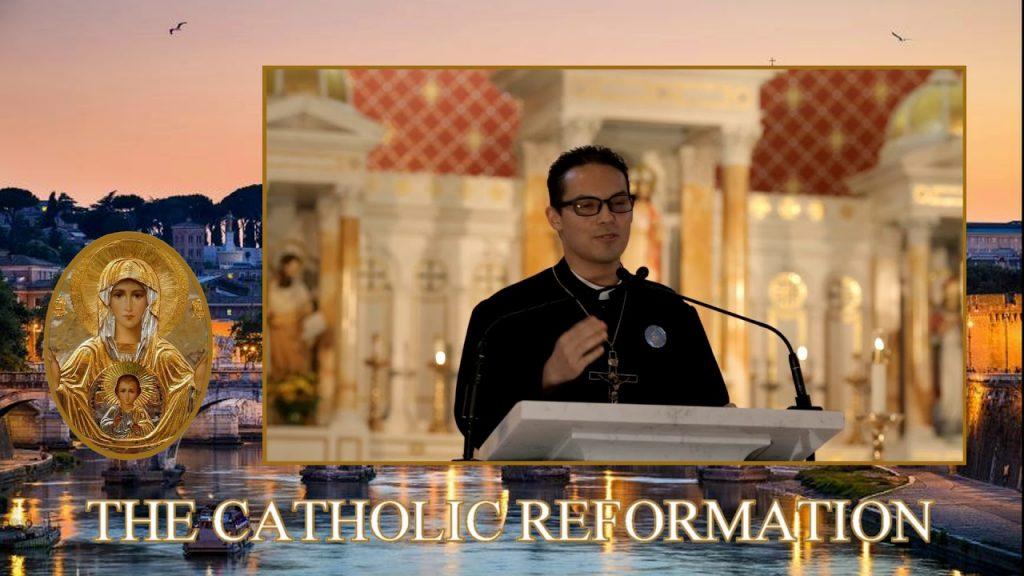As Catholics, we have all heard the question “Why do we have to go to Mass?” Many people struggle to find an answer to this question, but the truth is, the answer is straightforward.
Contrary to popular belief, we don’t go to Mass simply to pray, praise, and worship God, or to hear the Word of God, or even to receive Holy Communion. While these are all important aspects of the Mass, they are not the primary reason we attend.
The true reason we have to go to Mass is to offer an acceptable sacrifice to God. This may come as a surprise to some, but it is the most important reason we attend Mass.
When the priest prepares the altar, he does so to offer the Holy Sacrifice of the Mass. During the Mass, we offer ourselves and all our intentions to God, through the sacrifice of Jesus Christ on the Cross. We unite our own sacrifice with that of Christ’s and offer it to God.
This is why, during Mass, the priest asks the congregation to pray that “my sacrifice and yours may be acceptable to God, the Almighty Father.” It is through this offering of sacrifice that we are able to worship God in the most profound way possible.
It is important to understand that the Mass is not just a personal experience, but a communal one. When we attend Mass, we are not only offering our own sacrifices to God, but we are also joining with the sacrifice of the entire Church. We are all united in offering this sacrifice to God, and this is what makes the Mass such a powerful and transformative experience.
So, the next time someone asks you why we have to go to Mass, remember that we go to offer an acceptable sacrifice to God, to unite ourselves with the sacrifice of Christ on the Cross, and to join with the entire Church in worshiping God.

